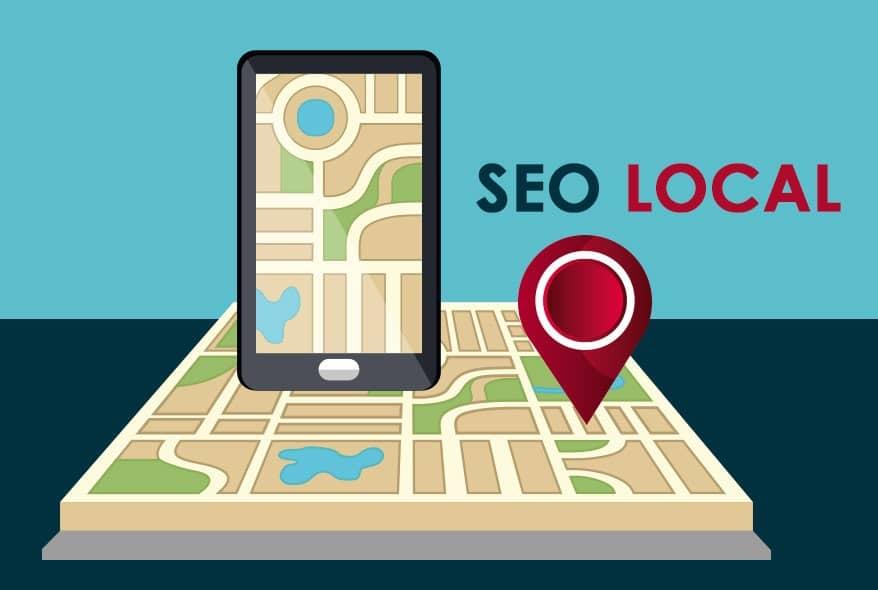
The internet is an essential part of our daily lives, but it also comes with certain risks and limitations. Whether it’s about protecting your privacy or accessing content that might be restricted in your region, a proxy server can provide solutions to both. But what exactly is a proxy, and how can it improve your online experience? fast proxy.
What is a Proxy Server?
At its core, a proxy server is like a middleman between your device and the internet. When you make a request to visit a website, such as entering a URL into your browser, instead of sending that request directly to the website’s server, it goes through the proxy first. The proxy then forwards the request to the website on your behalf and sends the response back to you.
The key aspect of using a proxy is that it masks your real IP address, which is the unique identifier that websites use to know where you’re connecting from. This helps in keeping your identity and location private. When your request passes through the proxy server, the website sees the proxy's IP address instead of yours. This simple action can provide a level of anonymity while browsing the web.
How Does a Proxy Work?
A proxy works by receiving your requests for a website and forwarding them to the destination server. When the server responds, the proxy forwards the response back to you. It’s important to note that while your device might communicate with the proxy directly, the proxy handles the communication with the actual website.
For example, imagine you're trying to access a website that is blocked in your country. When you connect through a proxy located in a region where the website is accessible, the website sees the proxy’s IP address. Because the proxy is not subject to the same restrictions as your local network, you are able to bypass the block and access the content without any issues.
Benefits of Using a Proxy
-
Privacy Protection: One of the biggest advantages of using a proxy server is the protection it provides for your privacy. When you visit a website, it can track your IP address and potentially gather information about your location, browsing habits, and even your device. A proxy hides your real IP address, making it much harder for websites to track your movements online.
-
Bypassing Geographical Restrictions: Many websites or streaming services restrict content based on your geographical location. For example, certain shows or movies may only be available in specific countries. By using a proxy server located in a region where the content is accessible, you can easily get around these restrictions. This is especially helpful for accessing media content, but it can also work for websites or services that limit access based on region.
-
Secure Browsing: Proxies can also provide an additional layer of security, particularly when you are using public Wi-Fi networks. When you connect to an unprotected network, hackers can potentially intercept your data. By routing your internet traffic through a proxy, your data is encrypted, making it much harder for malicious actors to access your personal information.
-
Improved Speed and Performance: Certain proxies can cache content, meaning they store data from websites that you frequently visit. This allows the proxy to serve you the cached version of a website instead of fetching it from the internet every time, improving loading times. This can be especially useful in situations where your internet connection is slow or unreliable.
-
Control and Filtering: Some businesses or organizations use proxies to filter and control the internet usage of their employees. For example, they might block access to certain websites or limit bandwidth for non-work-related activities. Proxies can also be used to monitor the web traffic of users, which is a common practice in corporate networks to ensure security and productivity.
Types of Proxy Servers
There are several types of proxy servers, each with its own use case and level of anonymity. Some common types include:
- HTTP Proxy: This type of proxy only works with HTTP traffic and is often used for web browsing.
- HTTPS Proxy: Also known as a secure proxy, this type encrypts the connection, providing a higher level of security.
- SOCKS Proxy: A more flexible proxy that can handle a wide variety of traffic, including email and FTP.
- Transparent Proxy: These proxies do not hide your IP address and are often used for content filtering.
When Should You Use a Proxy?
You should consider using a proxy if you want to enhance your online privacy, bypass geographical restrictions, or improve security when browsing. Whether you're trying to access a website blocked in your country or just want to browse the web anonymously, a proxy can provide a simple and effective solution.
In today’s world, where data privacy and security are more important than ever, using a proxy server can be an excellent step toward protecting yourself online. It offers a practical way to maintain anonymity, access content from anywhere, and keep your data secure while surfing the web.



